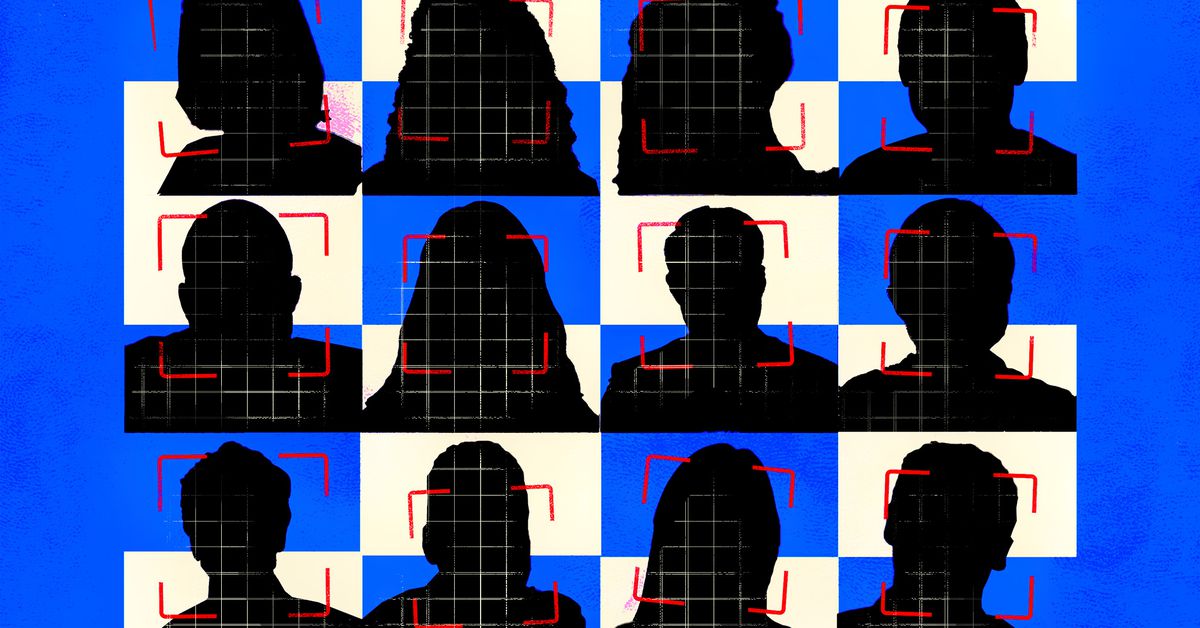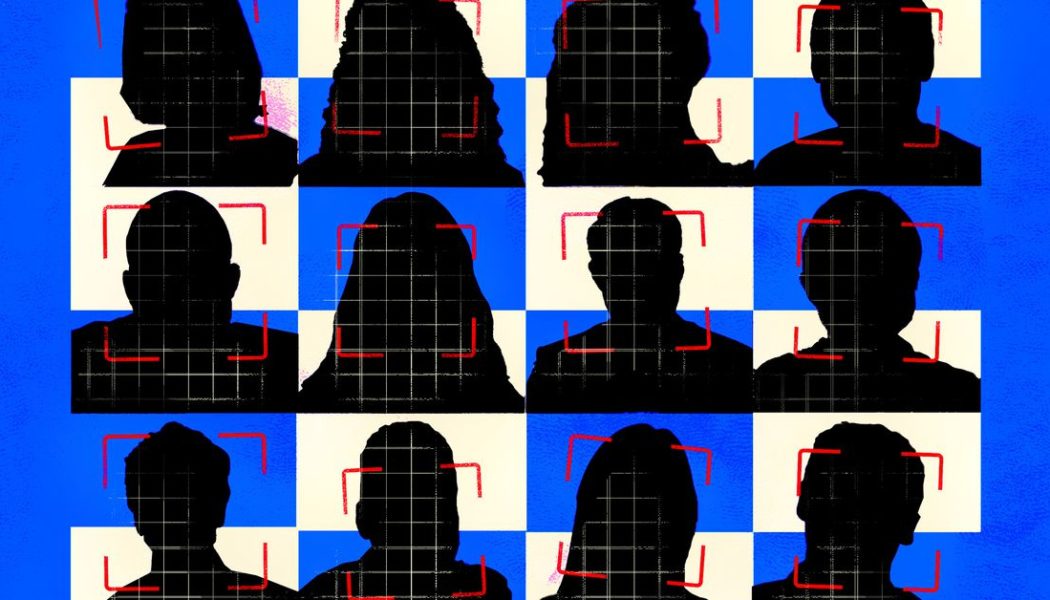
A fugitive who Justice Department officials say had scammed more than 20 people out of hundreds of thousands of dollars was sentenced to four years in prison on Friday, after being on the run for almost 15 years. Austrian authorities were able to identify Randy Levine, 54, of Boca Raton, Florida, due to a facial recognition system according to the DOJ, after he tried to use an alias to open a bank account, leading to his arrest in June 2020.
Levine fled the US in 2005, after authorities seized his passport as part of an investigation into an alleged scam he had been running, the DOJ said in a release. According to Levine’s plea agreement, which he signed in May, he would offer to set up gambling accounts for people if they sent him money. To help sell the idea that he really could help people make bets, Levine reportedly played a recording of casino sounds while he was on calls with victims (which he made using a Las Vegas phone number).
Levine came under investigation by the FBI, but was able to get a replacement for the passport that law enforcement officials seized, by claiming the passport had simply been lost. He eventually ended up in Poland, where he was arrested in 2008. There was, however, a legal battle over whether he could be extradited to the US, which continued until late 2011. By the time Polish courts had decided that he could be extradited, Levine had already slipped away.
After another failed attempt to capture him in Guatemala, the FBI heard from Austrian authorities in May 2020, that a facial ID system had identified someone who looked like Levine, who was trying to open a bank account in the country using a Mexican passport, the DOJ said. Levine was then arrested in June, and extradited to the US.
This isn’t the first time that we’ve seen high-tech systems help end the search for a fugitive — famously, data from a genealogy website helped authorities identify a serial killer who operated in the 1970s and 80s. Technologies like facial recognition and familial genetics remain controversial, though — for every story like Levine’s where they’re used as intended to crack difficult cases, there are false positives, and concerns of governmental overreach.
Levine has also been charged by the US with running a cryptocurrency scam. A criminal complaint filed against him and an alleged accomplice accuses him of stealing $5 million from two victims, after promising that he would give them Bitcoin in return. According to prosecutors, he never sent the promised Bitcoin.









